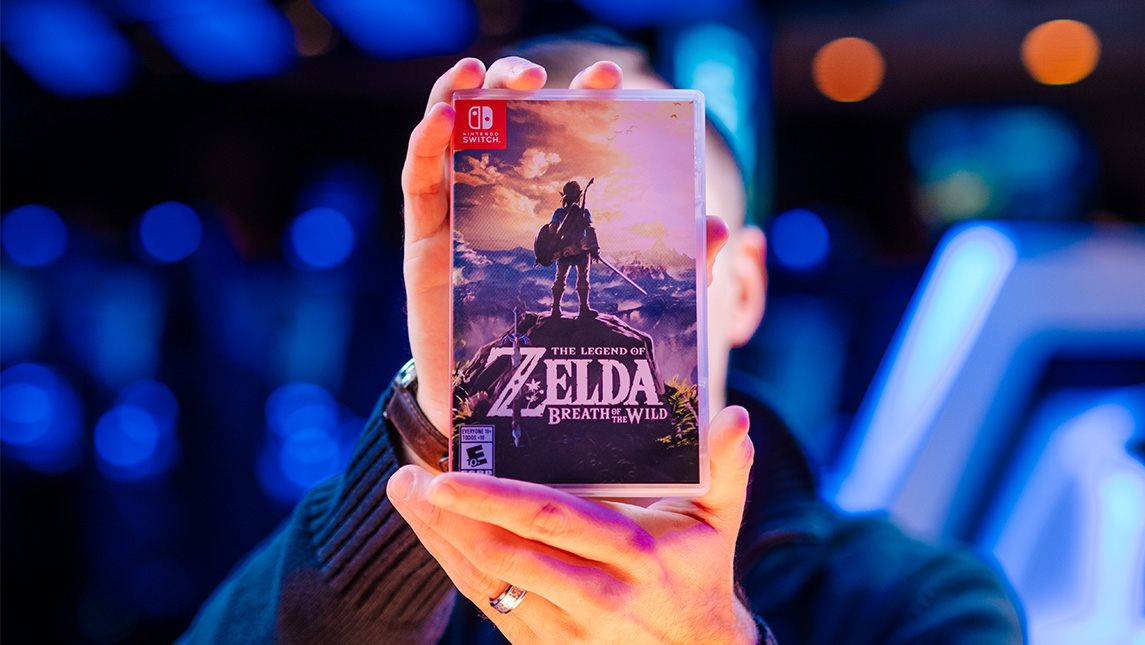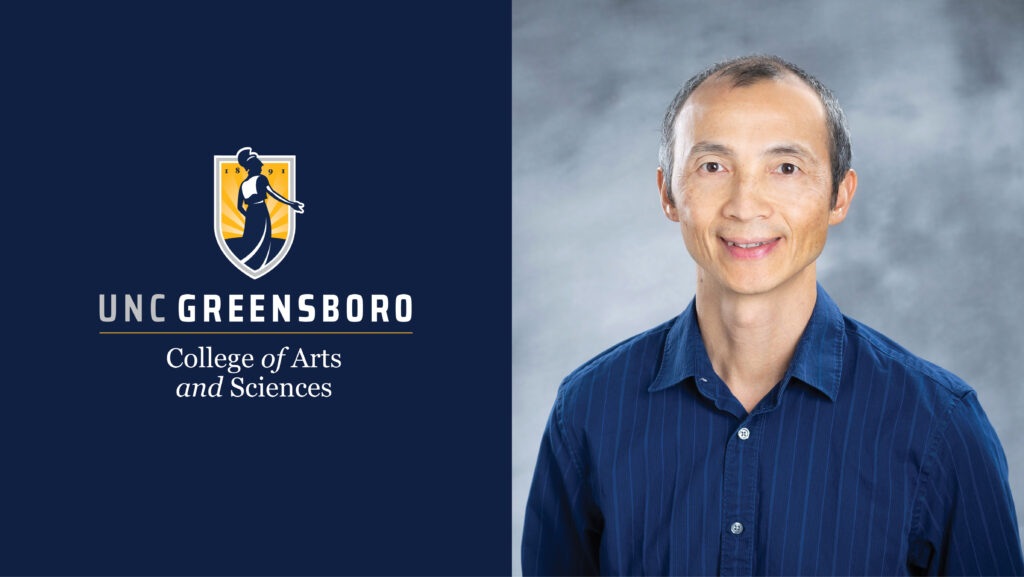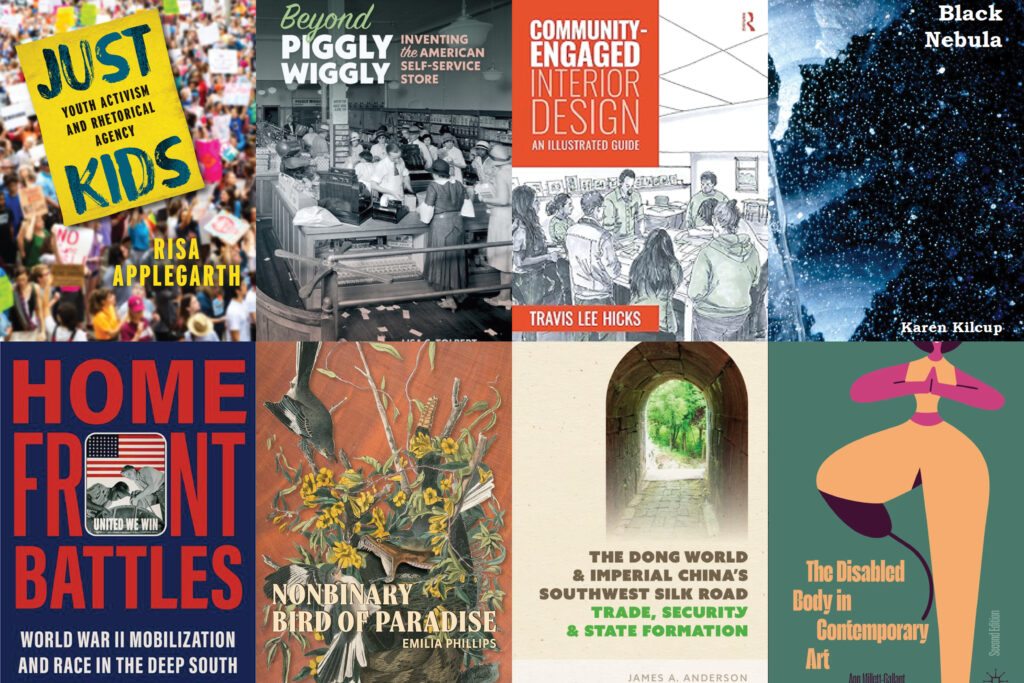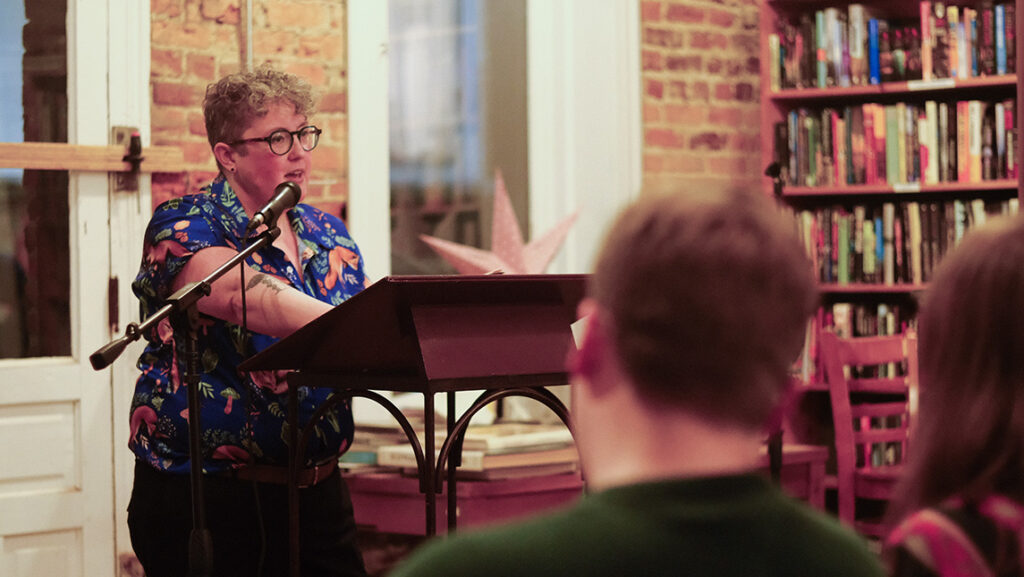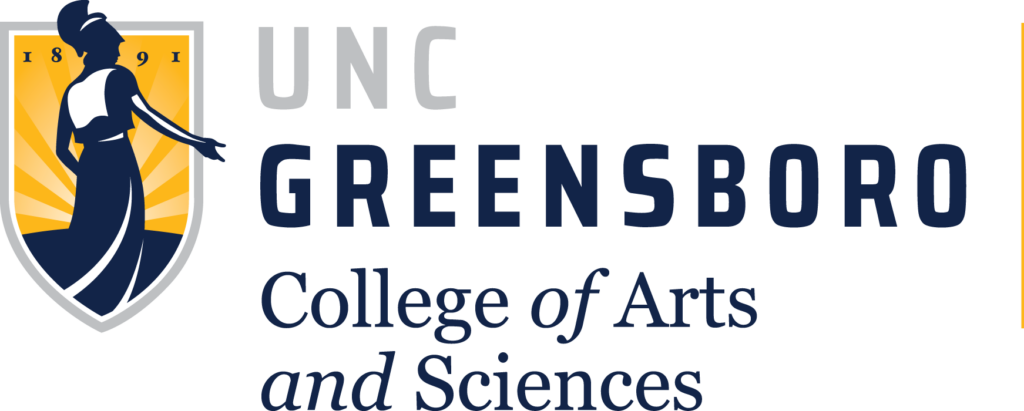In the kingdom of Hyrule – the main setting for “The Legend of Zelda” video game series – the hero Link explores dungeons, mountains, underwater cities, and even gender.
The College of Arts and Sciences is exploring the link to queerness in “Zelda” with their recurring Ashby Dialogue series. The dialogues, named after the late Warren Ashby, are a series of conversations about a shared interest between faculty and students. This is the first time the dialogues are focused on a video game.
Dr. John Borchert, the associate director for the Network for the Cultural Study of Video Gaming (NCSV) at UNCG, says queer studies and video game studies have long had a partnership.
“Games, hacking and, fan culture have always been a place of refuge for queer identifying people,” Borchert says. “So this is an opportunity to elevate that kind of scholarship at our institution.”
COMPLEX RELATIONSHIP
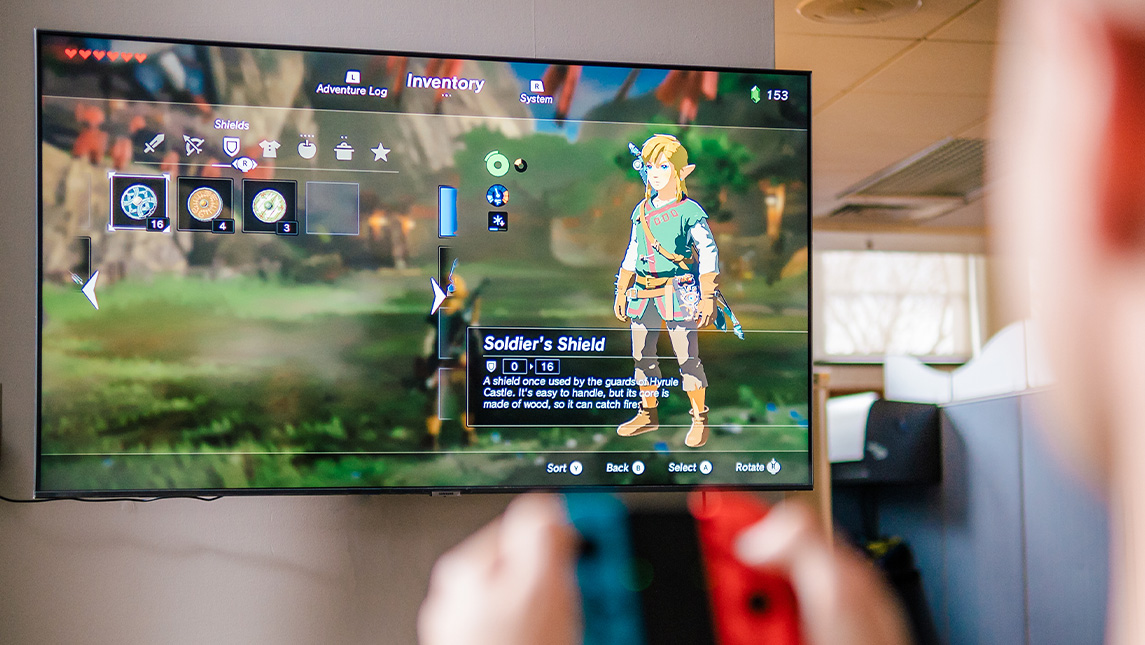
This year, the Ashby Dialogues are centered on Nintendo’s “The Legend of Zelda” series, specifically the latest installment “Breath of the Wild” (BOTW) and its complex and often contradictory relationship with queerness, sexuality, and gender. The 2017 game was met with critical acclaim and is one of the best selling video games of all time.
“The goal is to look at the content itself and create a diverse space for the kind of scholarship that we want to do at UNCG,” says Borchert. “It also shows our students that there is already an established sense of game studies where this kind of thinking about gender and sexuality is already happening.”
While the game’s main character Link is male, he is often portrayed in an androgynous manner. In most of the games, he is tasked with saving Princess Zelda from the evil Ganon. Both Link and Princess Zelda crossdress and gender bend in different scenarios, whether it be to fit in or escape to safety.
“The ‘Zelda’ series is really remarkable, in that, although it is obviously centralizing masculinity, in terms of always being a male playable protagonist, he’s not traditionally masculine by Western standards,” says Dr. Sarah Stang, an assistant professor of game studies at Brock University in Canada, who will lead the Ashby Dialogues on February 24.
Stang is a feminist media scholar who specializes in analyzing representation and identity in popular media, especially video games. Her article “(Re-) Balance the Triforce: Representation and Androgynous Masculinity in the Legend of Zelda Series,” explores the topic of gender expression and ties to Japanese culture in “Zelda.”
A NEW DISCIPLINE
As a self-described “Zelda fan girl,” Stang says she’s played almost every installment in the series catalog, going back to the 1980s. She noticed, despite its popularity, there wasn’t a lot of scholarly research surrounding the series.
“That’s one thing that’s kind of nice about game studies is that you can really be a voice in your field, even at a junior scholar level,” Stang says. “There’s just so much work to do to catch up with the medium, given that game studies is a relatively new discipline.”
In Fall 2023, the UNCG College of Arts and Sciences will allow students to dive more into video game studies with a new interdisciplinary minor in “Video Gaming and Esports Studies.” Because the minor is interdisciplinary – it won’t extend a student’s graduation date.
Borchert says the minor and the dialogues are not “reinventing the wheel,” but just expanding on interests students already have.
“When we can create a platform or a space to ask serious questions about video games, you can see there’s a kind of lag where students ask ‘Do they really want to know what I think about this video game?’ And when you create the space and invite them in to do that, then all the thinking is already there,” Borchert says.
And Stang says all media, including games, can be up for criticism.
“The fact that you play as this character and have to enact the game events means that you’re invited to identify with that character and sort of really think about your own position within the narrative and what messages that sends to you,” says Stang.
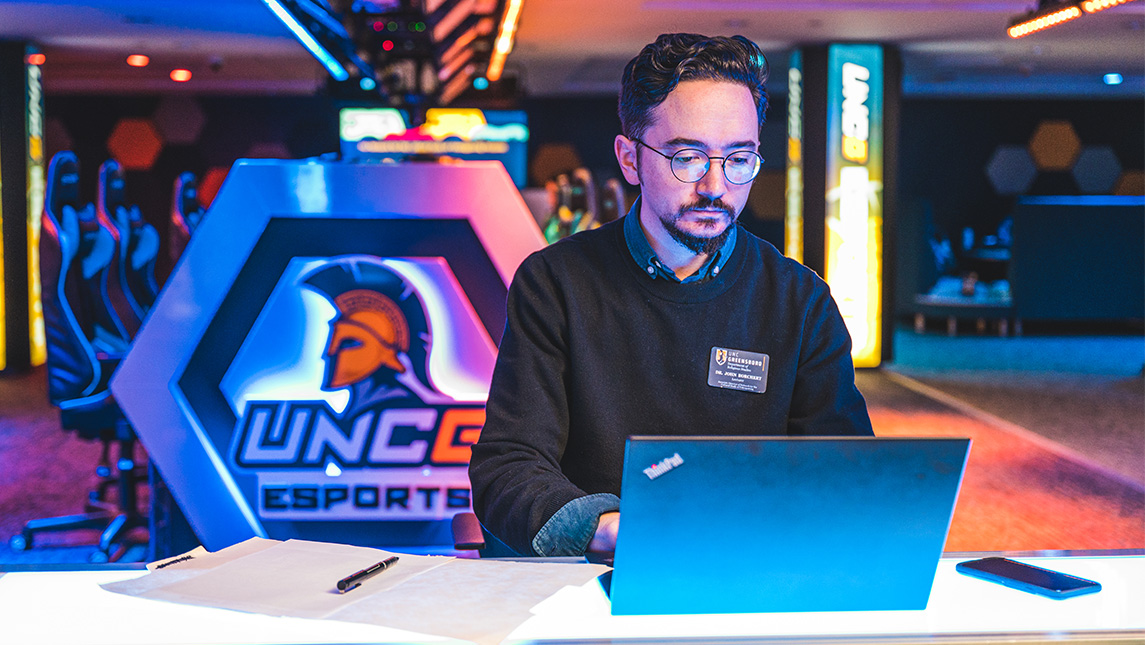
A PILOT PROGRAM
During the Ashby Dialogues, healthy disagreement is welcome. Stang says reading video games through a queer lens is subjective.
“I think it’s valuable for us to validate our own opinions, but if people disagree with this reading of the game and want to talk about why, that’s really cool,” Stang says. “And I think that kind of conversation and engagement is good for rich conversations.”
This is the third event in the Spring 2023 dialogue series. Following the February talk, the next installment will feature Chris Lawrence from the University of Waterloo. A date is to be announced.
Dr. Borchert says this is just the beginning of what can be done with video games and research: “This is a pilot program for the kinds of things that we want to do here at UNCG. What the Ashby Dialogue allows us to do is to create the space to bring people in.”
Story by Avery Craine Powell, University Communications
Photography by Sean Norona, University Communications
